Nuclear Medicine
There are a range of different nuclear medicine studies, each involving slightly different examination techniques. The majority of nuclear medicine studies involve a radioactive tracer being injected into, or ingested by the patient. The tracer is targeted at the region being investigated, where it accumulates and emits gamma rays. These gamma rays are then captured using specialised equipment, known as a gamma camera.
-
Nuclear medicine is commonly used in both the investigation, and treatment, of a wide range of diseases. It enables highly detailed/specific information about the function of body organs. The benefit of this high degree of acuity, is that it enables earlier disease detection than can be achieved using conventional radiology, resulting in earlier treatment and a better prognosis.
Some nuclear medicine studies include the use of a CT, in a process known as SPECT-CT. This aids to further enhance the precision and accuracy of the diagnosis. The CT used during SPECT-CT studies uses less radiation than a standard diagnostic CT. This, in combination with Marina’s reputation as a low radiation dose provider, means you can rest assured you are receiving the best of care.
There is an array of different nuclear medicine procedures, with some of the more common ones being:
Bone Scans
Renal Scans
Cardiac Scans
Gastric Emptying Scans
Gallbladder Function Scans
-
When attending your appointment, please bring your referral from your medical practitioner, Medicare card and all other relevant health care cards. Please also bring any previous scans or reports relating to the region being scanned, if they were not undertaken at Marina.
Your preparation procedure for your appointment will depend on the type of study being performed, as well as the region of interest. Some examinations require fasting, cessation of some medications or caffeine, blood tests, or other procedures. However, you will be advised of your specific preparation instructions at the time of booking.
It is important to please inform our staff at the time of booking, if you are, or could be, pregnant, or are breastfeeding.
-
Scanning is dependent on the region of interest and the examination being performed. You may expect to have the tracer administered either orally, or injected into a vein in your arm. Following this, your scan may be performed immediately, after a few minutes, a few hours, or on a separate day. If you are asked to return at a later stage, our staff will inform you of what you can and cannot do during this time. When booking, and on the day of your test, our staff will inform you of the expected duration of your examination.
-
Your referring practitioner will receive the images from the scan immediately, via our online portal. Once one of our specialist doctors has reviewed and assessed your scan, the report will be sent to your practitioner either electronically, or by fax.
Following your scan, Marina strongly advises that you return to your physician to discuss your results and subsequent treatment.
FAQ’S
-
You will be injected with a radio-labelled chemical compound, known as a “radioactive tracer”, or “tracer”. When injected into the bloodstream, it accumulates in the region of interest where it emits gamma rays, which are then captured by the gamma camera and constructed into images.
-
There are no known side effects attributed to tracer injections, and allergic reactions to them are extremely rare. It is advised, however, to avoid breastfeeding or prolonged close contact with infants, small children and pregnant women until the tracer is eliminated from your system (approximately 24 hours following the injection)
-
The type of scan you undergo impacts the amount of radiation emitted from your body. Although it is generally quite small, it is advised to avoid breastfeeding or close or prolonged contact with infants and small children until the majority of the tracer is eliminated from your system (approximately 24 hours following the injection)
-
Stopping the intake of any caffeine is necessary for patients having a Persantin myocardial perfusion study. This is necessary as caffeine can interfere with the desired effects of Persantin, negatively impacting the results.
-
In most cases, 24 hours after the administration of the tracer, only a negligible amount is remaining in your system. Please discuss this with our technical staff.
-
Yes, however, if you have experienced unpleasant feelings or reactions to previous injections, please inform our imaging technician of this.
-
SPECT is an abbreviation for Single Photon Emission Computed Tomography. This is a technique of nuclear medicine scanning in which the gamma camera rotates 360° around the region being investigated to create a 3D image of the site. This technique helps to capture subtle abnormalities in greater detail than 2D images.

